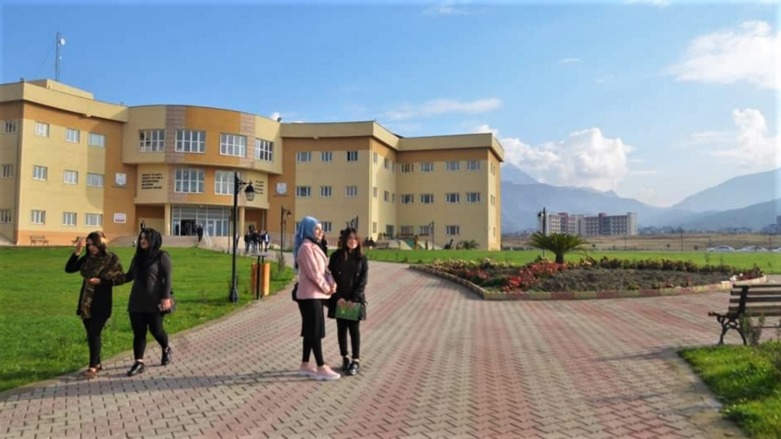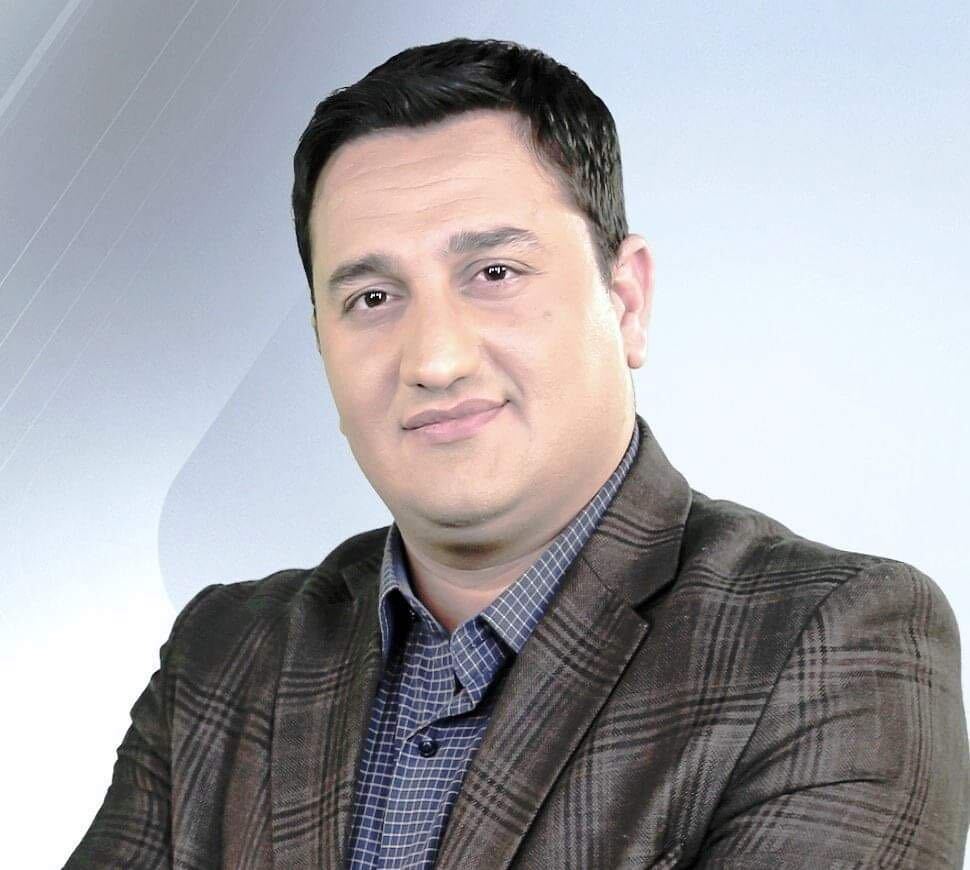From military base to place of learning, Soran University’s Delzyan campus is a Kurdish success story

During the 1980s and until the Kurdish uprising of 1991 against the former Baathist regime of Iraq, the site that now serves as the Delzyan campus of Soran University functioned as a military base from where Saddam’s soldiers terrorized surrounding villages.
There were, in fact, many military bases in Soran district at the time. This was partly due to the geopolitics of the area, located within the border triangle of Iraq, Iran, and Turkey. The city of Soran, which was called Sidiq back then, was the center for the forced mobilization of people from other districts like Balakayaty, Barzan, and Mergasor in order for the regime to control them and then demolish their towns and villages as a crucial part of the infamous Anfal campaign, now widely recognized as genocide.
Read More: Kurdistan Region aims to 'internationalize' perception of Anfal
Delzyan and other areas around Soran city also held camps for people forcibly displaced from Sidakan.
Saddam’s forces used the base at Delzyan to command and launch attacks against Kurdish Peshmerga fighters as well as civilians in the bordering areas of Soran. The base was the extension of a much more sophisticated military fortress further south that was completely destroyed by Iranian rocket attacks during the Iran-Iraq war in 1988.

Delzyan is now a university campus, its grizzly sites of torture and war crimes now a site of liberal education and scientific progress, consisting of five faculties where students from all over the country study as part of curricula in more than 20 different departments.
Capture of the Delzyan Base
The success story of the university started in 2009, but the liberation of the location began decades earlier.
In March 1991, roughly a dozen undercover Kurdish cadres were informed by their superior, Islmail Said, about an uprising being planned against the base.
That senior commander, known as Smko, had arranged a plan to attack the base from four different entrances. March 10, he said, was to be the big day.

Undercover fighters led by Smko attacked the military base as planned and took over the essential heavy weapons, artillery, and medicine, later handing over the base to the Kurdish front to help establish control over the rest of what is now the Kurdistan Region.
Smko died in late 2016, but left behind five children. Two of them now study at Delzyan campus and a third teaches at the university.
His brother Haji Mohammad, one of those who took part in the operation, said that Smko selflessly attacked the military base, putting his life on the line for a better future for his children and all the people of Kurdistan. In an interview with Kurdistan 24, Haji Mohammad emphasized that his brother's main dream was a free and independent Kurdistan, adding that he had many hopes for the era following that of the previous Iraqi regime.

Soran University Campus
Soran University’s Delzyan campus, which is located on the exact site of that old base, offers the following programs: Arts; Education; Law, Political Science, Administration, Science, and Engineering.
Just 10 years after it was established, Soran University was one of the Kurdistan Region’s leading universities by 2019. It has more than 5,700 current students and roughly the same number of graduates – more than double the number of Iraqi Baathist regime soldiers stationed at the same location exactly 30 years ago.

Dr. Karmand Hamad, Dean of the Faculty of Arts, told Kurdistan 24 that teaching at the old base is like a dream in the sense that no one could have anticipated that, one day, one of Saddam’s feared bases would be a place where science and logic reign supreme.
“It is an extremely happy feeling to witness that in this very location that once was a military base from which orders of destruction were made, a university was built as a center for the development of science and knowledge.”
Hamad said the regime dealt with Kurdistan like one big military base, and never facilitated any opportunities for the Kurdish people, pointing out the vital role that universities can play in a community.
“A university can become a pillar in the ongoing process of nation-building,” he explained, adding, “To regenerate the Kurdish community, we need a very serious reform that can be reflected from our vision for education and academia.”
Although there are many universities in the Kurdistan Region, Dr. Hamad concluded, there is still room to improve the quality of education.
The success of any developing nation or community, he said, comes from inside such classrooms.
Editing by John J. Catherine

